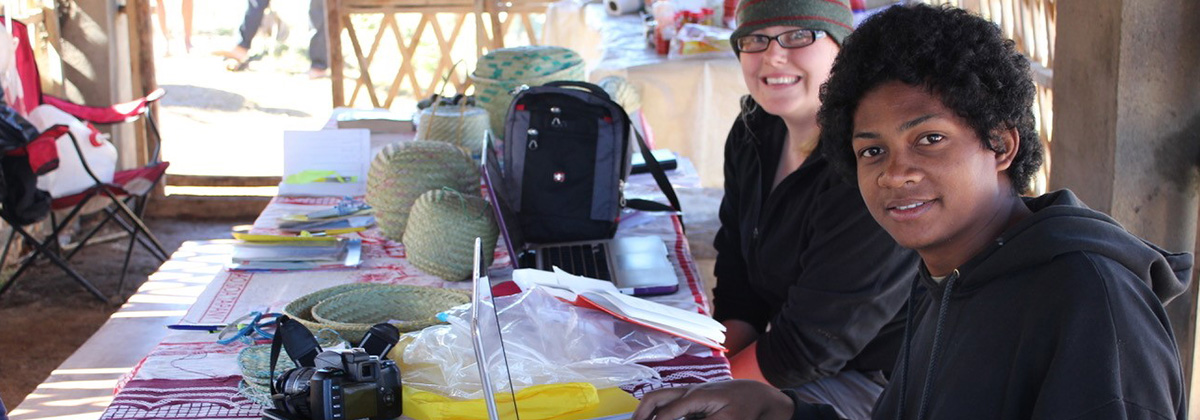- Department of Anthropology
- Resources
- Internships
Internships

Whether you are an undergraduate or graduate student, an internship can be an excellent opportunity for you. An internship in anthropology allows you to:
- Apply concepts and skills you've learned in anthropology classes to practical tasks in governance, business, research and non-profit venues.
- Explore employment options in anthropology and in your particular area of focus. Discover at an early stage what kind of work you most enjoy.
- Refine your goals for further study, whether during the rest of your classes here at NIU or plans for an advanced degree.
- Gain practical experience with potential future employers. Sometimes, internship sites offer permanent positions to interns who prove to be a good fit with the organization. An internship can also be an opportunity to network with other employers in your field and build relationships with supervisors who can write you strong letters of recommendation.
- You can earn credit toward your degree and/or major if you choose to enroll in an approved internship course.
When to Do An Internship
Undergraduates will be best prepared after completing some coursework in the major, but before nearing graduation. Often, late in the junior year, early in the senior year, or during the intervening summer is an ideal time.
Masters students face a more condensed timeline and should begin speaking with their advisors and search out placements as early during the program as possible.
Types of Internships
Because anthropology is such a heterogeneous field of study, a wide variety of internship opportunities could be applicable. The right placement will depend on your particular focus within anthropology. Here are just a few examples of internships that might be right for you:
- Conduct an oral history project with a local museum and participate in building an exhibit.
- Do public outreach with a social service organization specializing in any number of areas, including elder care, youth literacy, refugee aid or sexual assault prevention.
- Become an experiential learning intern with an environmental conservation organization.
- Work with a chamber of commerce to create a more vibrant local business community.
- Conduct applied research with a cultural resource management firm.
- Teach archaeology to children at a summer camp.
- Develop public education materials and serve as a guide at a historic park or public excavation.
- Catalog and preserve an archaeological museum’s collections and help to develop an exhibit.
- Work with a conservation organization to protect primate habitat and develop community participation in conservation.
- Catalog and preserve collections at a museum of natural history.
- Help a zoo to care for and design appropriate habitats for primates.
- Participate in an overseas research project examining human remains.
Finding An Internship
To find an internship that's right for you.
- Speak with the anthropology internship coordinator, who has a spreadsheet of anthropology internship opportunities, or your other professors.
- Career services can also help. They have a page for anthropology, hold internship fairs each year and host the Huskies Get Hired site for searching.
- Consider contacting local social service agencies to ask about internship openings.
- Explore online listings, such as through the American Anthropological Association or Internships.com. More field-specific listings can be found through the U.S. Department of State, Archaeological Institute of America, Idealist.org, Illinois Association of Museums and Association of Midwest Museums.
To earn course credit for your internship, consult with the anthropology internship coordinator.
- Follow the anthropology internship checklist (DOCX) to make sure you are submitting the necessary paperwork and meeting deadlines.
- Requirements for course credit include the following:
- Minimum of 120 work hours per semester plus a final paper or project
- Complete proposals must be submitted for departmental approval a minimum of two weeks before the beginning of the semester.
- May be repeated to a maximum of 6 semester hours
- Satisfactory/Unsatisfactory grading